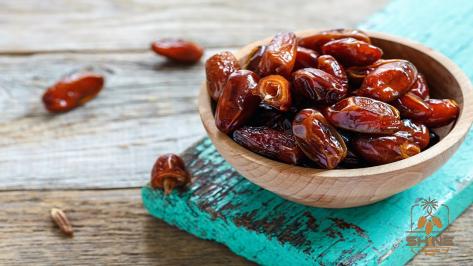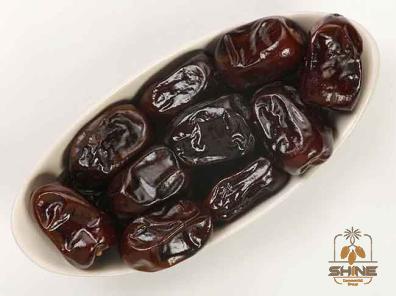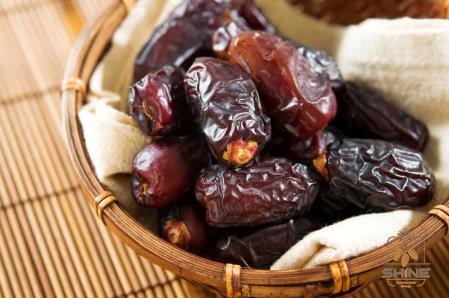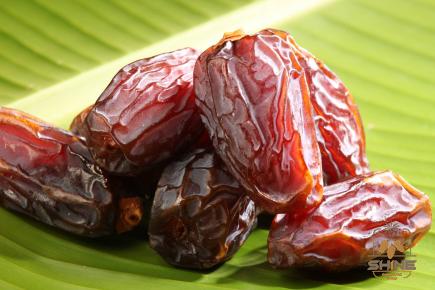When it comes to popular fruits in Asia, jujube and red dates are two that often take center stage. These small, sweet fruits are known for their numerous health benefits and versatile culinary uses. But what sets them apart? In this article, we will delve into the differences between jujube and red dates, exploring their nutritional profiles, health benefits, and culinary applications. 1. Nutritional Profile: Both jujube and red dates have earned their reputation as nutrient powerhouses. Jujubes are particularly rich in vitamin C, containing more of this essential nutrient than oranges. They are also packed with antioxidants, including flavonoids and phenolic compounds, which help protect the body against oxidative stress. On the other hand, red dates, also known as Chinese dates or jujube fruit, are abundant in essential minerals such as potassium, iron, and manganese. They are also a great source of dietary fiber, making them a valuable addition to a balanced diet.
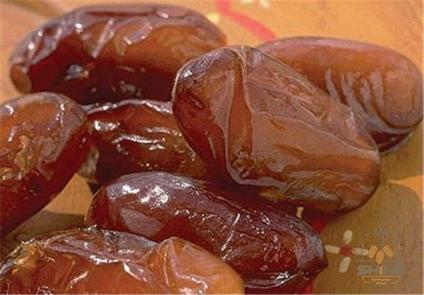
.
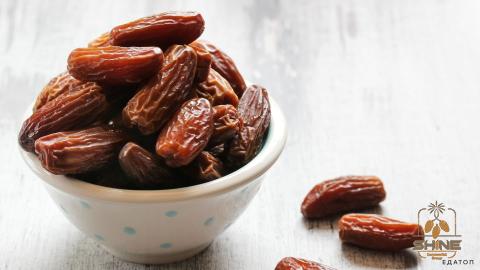 2. Health Benefits: (a) Immune System Boost: Both jujube and red dates can help strengthen the immune system. Jujubes’ high vitamin C content supports the production of white blood cells, which are crucial for immune function. Additionally, the antioxidants present in jujubes can help fight against harmful free radicals that can damage cells and weaken the immune system. Red dates, meanwhile, contain compounds that have been shown to enhance immune response and modulate immune cell activity.
2. Health Benefits: (a) Immune System Boost: Both jujube and red dates can help strengthen the immune system. Jujubes’ high vitamin C content supports the production of white blood cells, which are crucial for immune function. Additionally, the antioxidants present in jujubes can help fight against harmful free radicals that can damage cells and weaken the immune system. Red dates, meanwhile, contain compounds that have been shown to enhance immune response and modulate immune cell activity.
..
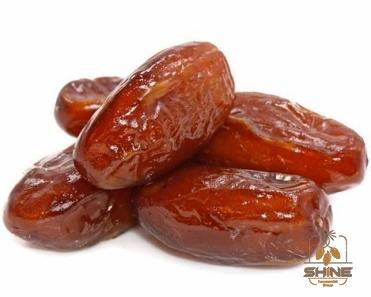 Regular consumption of red dates can also help prevent and alleviate common respiratory infections. (b) Digestive Health: The dietary fiber content in both jujube and red dates makes them beneficial for digestive health. Fiber helps regulate bowel movements, preventing constipation and promoting overall gut health. Additionally, red dates contain natural sugars that act as prebiotics, fueling the growth of beneficial gut bacteria and supporting a healthy gut microbiome. (c) Heart Health: Jujubes and red dates are heart-healthy fruits, thanks to their potassium content. Potassium is essential for maintaining healthy blood pressure levels and reducing the risk of cardiovascular diseases. Additionally, the antioxidants in jujubes can help reduce inflammation and protect against the oxidative stress that can contribute to heart disease. 3. Culinary Uses: (a) Jujube: Jujubes have a sweet and slightly tangy flavor, making them a popular ingredient in both sweet and savory dishes. In Asian cuisine, they are often used in soups, stews, and desserts. Jujube tea, made by steeping dried jujubes, is another common way to enjoy the fruit’s unique taste and health benefits.
Regular consumption of red dates can also help prevent and alleviate common respiratory infections. (b) Digestive Health: The dietary fiber content in both jujube and red dates makes them beneficial for digestive health. Fiber helps regulate bowel movements, preventing constipation and promoting overall gut health. Additionally, red dates contain natural sugars that act as prebiotics, fueling the growth of beneficial gut bacteria and supporting a healthy gut microbiome. (c) Heart Health: Jujubes and red dates are heart-healthy fruits, thanks to their potassium content. Potassium is essential for maintaining healthy blood pressure levels and reducing the risk of cardiovascular diseases. Additionally, the antioxidants in jujubes can help reduce inflammation and protect against the oxidative stress that can contribute to heart disease. 3. Culinary Uses: (a) Jujube: Jujubes have a sweet and slightly tangy flavor, making them a popular ingredient in both sweet and savory dishes. In Asian cuisine, they are often used in soups, stews, and desserts. Jujube tea, made by steeping dried jujubes, is another common way to enjoy the fruit’s unique taste and health benefits.
…
(b) Red Dates: Red dates have a naturally sweet and caramel-like flavor. They are commonly used in traditional Chinese medicine as a remedy for various ailments. Red dates are often added to soups, stews, and porridge to enhance the flavor and nutritional value. They can also be enjoyed as a snack, either fresh or dried. 4. Availability and Storage: Jujubes are native to China but are now cultivated in various countries, including the United States. They are typically available dried, with a long shelf life, making them convenient to store and use in recipes throughout the year. Red dates are widely grown in China, Korea, and other parts of East Asia. They are typically harvested in autumn and can be consumed fresh or dried. Dried red dates have a longer shelf life and are more commonly found outside of Asia in international grocery stores and online platforms. To ensure the freshness and quality of both fruits, store them in a cool, dry place, away from direct sunlight.
